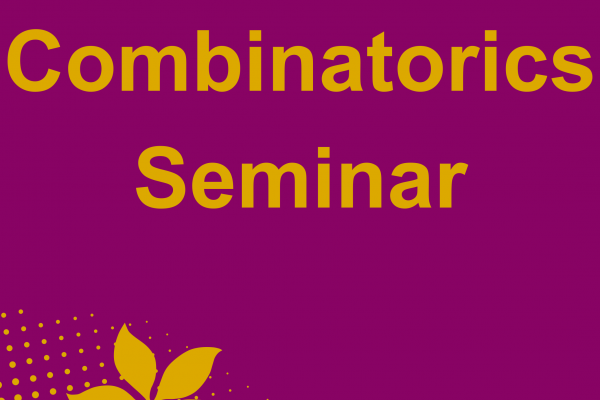
Speaker: Patrick Devlin (Yale University)
Title: Buying Votes to (Probably) Win a Random Election
Abstract: In the low-stakes world of Duckburg politics, Scrooge McDuck is running for office, and he only has one opponent. Each morning leading up to the election, all the citizens of Duckburg wake up, they check social media, and they notice who their friends are planning to vote for. Then in the evening, everybody updates their profiles so that their new political opinion agrees with the majority of what their friends thought in the morning. [This updating process is called “majority dynamics”]
Senator McDuck isn’t above greasing a few palms to buy some votes, but he is a notoriously tight-fisted miser who refuses to bribe more voters than he needs to. He doesn’t know who’s actually friends with whom, so ultimately he’ll have to leave it up to chance. In this talk, we explore how many voters he needs to pay off in order for him to be 99% sure that he’ll end up unanimously winning the election, and we’ll also discuss how long it will take the citizens of Duckburg to reach some sort of consensus. Our main result is a central limit theorem for how many voters will favor McDuck after one day assuming the underlying graph is drawn from the Erd\H{o}s-R\’enyi model. This is joint work with Ross Berkowitz.
